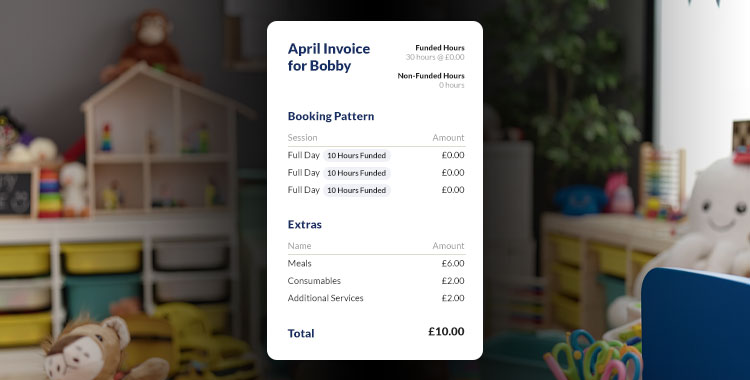What does a new Labour Government mean for the early years sector? Specialist property adviser, Christie & Co hosts a panel debate to discuss
Nursery businesses joined Christie & Co’s webinar on 11 July to listen to panel experts discuss their take on what a new Labour Government could mean for the early years sector.
Purnima Tanuku, chief executive of the National Day Nurseries Association (NDNA) and Ben Powell, partner at Ballards LLP, shared their post-election insights and what they expect to see from the policymakers and the Department for Education’s new ministerial team.
Funding and the expanded offer
Labour has committed to delivering the expanded childcare offer inherited from the Torys. Working parents of two-year-olds in England have been able to access 15 hours of funded childcare since April. In the next phase of the staggered rollout, this will be extended to working parents of all children older than nine months from September this year, before the full roll out of 30 hours a week to all eligible families a year later.
Funding rates to deliver the expanded entitlement have ‘on the whole’ been received in a positive manner by early years providers, despite shortfalls remaining, according to Christie & Co’s Childcare and Education Insight Report 2024, launched to coincide with the webinar. But ‘many questions remain’ over the Labour Party’s ‘full intentions’ around the expansion of early years entitlements being extended to children from nine months of age.
The report states, ‘It could be that conditionality provisions will be introduced… And will Labour confirm that early years funding rates will be adequately increased going forward, and in line with inflation?’
Purnima Tanuku says that Labour has indicated to the NDNA in the past that it will commit to the expansion plan but ‘might do things differently’. She adds, ‘The expansion of school based provision is the one area we know about so far about how they “might do things differently”. The other thing they talked about was maybe having conditions on the funding.
‘What these conditions are, we can speculate. Could it be in terms of the profit that providers can make? Or that they’ll have to take a certain number of children with special education needs in order to classify for funding?
‘We want to know more about how the expansion is going to be rolled out, and what they mean by conditionality and what happens in terms of school provision.’
Flaws in funding mechanisms were also discussed. ‘It’s phenomenal that almost £70 million pounds of early years funding has not been spent on early years,’ Tanuku says, referring to NDNA’s investigation into underspending.
‘How can we justify that at a time when providers are struggling and not being able to remain sustainable, and yet early years funding allocated by government to local authorities has actually not been spent?’
NDNA has asked the new Labour Government for a complete review of how the funding is allocated.
School-based nurseries
Ben Powell looks at the wider economic outlook of Labour coming into power, highlighting its plan to open an additional 3, 334 school-based nurseries, to be funded by closing the VAT loophole on private school fees.
Labour says it would spend £140 million converting spare classrooms into nurseries, which equates to around £40,000 per setting. But Courteney Donaldson, Christie & Co’s managing director of childcare and education, questions the appropriateness of these vacant classrooms.
‘Are they fit for purpose in terms of providing early education in terms of the physical space and the actual building? And what will be the actual cost of converting these spaces?’
Tanuku says that school based provision needs to be age appropriate. ‘I’m sure £40,000 relates to the capital expenditure to furnish it, but staffing is going to be a major issue. Providers are worried that they’re going to poach our well trained, qualified staff, which is what happened in Scotland.’
‘But I think the most important thing is parental choice, and the flexibility that the PVI sector can offer to parents. If you want to grow the economy, if you want parents to get back into work, they want flexible, sustainable, high-quality childcare.’
You can watch the webinar in full here.

Nicole
Content Creator




